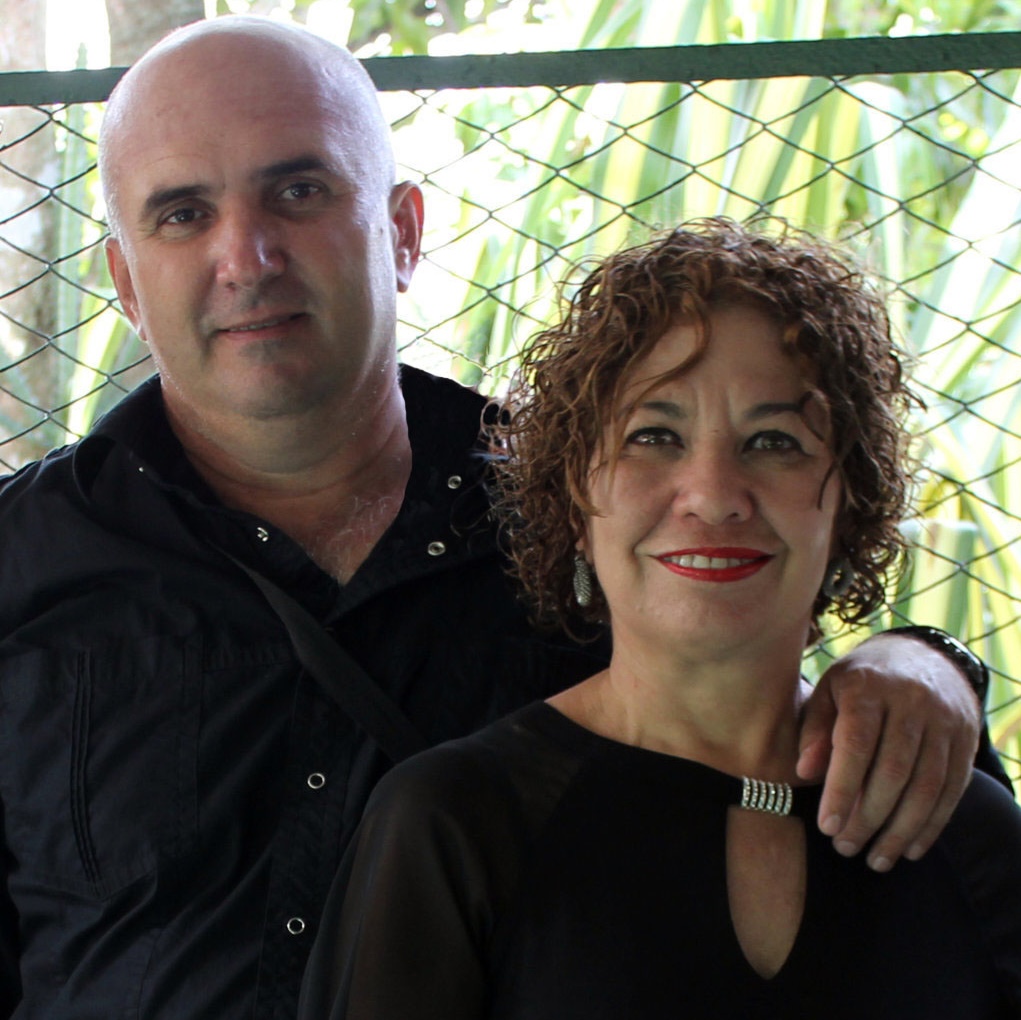Since his debut in 1996 with
Revelaciones atado al mástil, Sánchez has written more than 20 books published in editorials from Cuba, Mexico, Spain, and the United States, and has won several international awards. He regularly contributes to alternative publications such as
14ymedio, led by well-known blogger Yoani Sánchez,
Convivencia, and
La Hora de Cuba. Deeply aware of the isolation and underrepresentation many writers outside of Havana face, Sánchez founded
Árbol Invertido in 2005. He describes the magazine as a “revista de tierra adentro” (“an inland magazine”) that not only exists outside of the capital, but also reflects the needs and voices of the creative communities outside of Havana. In 2010, he began publishing more critical opinion pieces on the blog,
Hombre de las Nubes (Man of the Clouds), but was quickly forced to stop after a few months due to the number of threats he received. Despite these threats, he continues to publish opinion pieces and denounce efforts to silence him on his
personal blog.
Fearing the consequences of his more political opinion pieces, Sánchez turned to visual poetry as an alternative way of expressing his ideas and emotions. “To start writing did not seem honest; I wanted to squeeze my life and from it get something as concentrated and real as possible, like a scream. My first visual poem emerged like that, so I could say that I was afraid, and not only say it, but to also make it felt and seen. A liberating act, that is what visual poetry represents for me,” explains Sánchez. His last visual poetry exhibition,
Desechos Humanos (
Human Waste), was supported by the Norwegian Embassy and initially approved by the Cultural Office of Ciego de Ávila. When
the Cultural Office revoked its permission, the Museo de la Disidencia—a public art project that celebrates dissent in Cuba and won the
2018 Index on Censorship Freedom of Expression Award—hosted his exhibition in an unofficial space. The banned exhibition featured more than 30 works in which Sánchez played with the meaning of words and used visual poetry as a way to resist iconography that is synonymous with propaganda and dogmatism.





